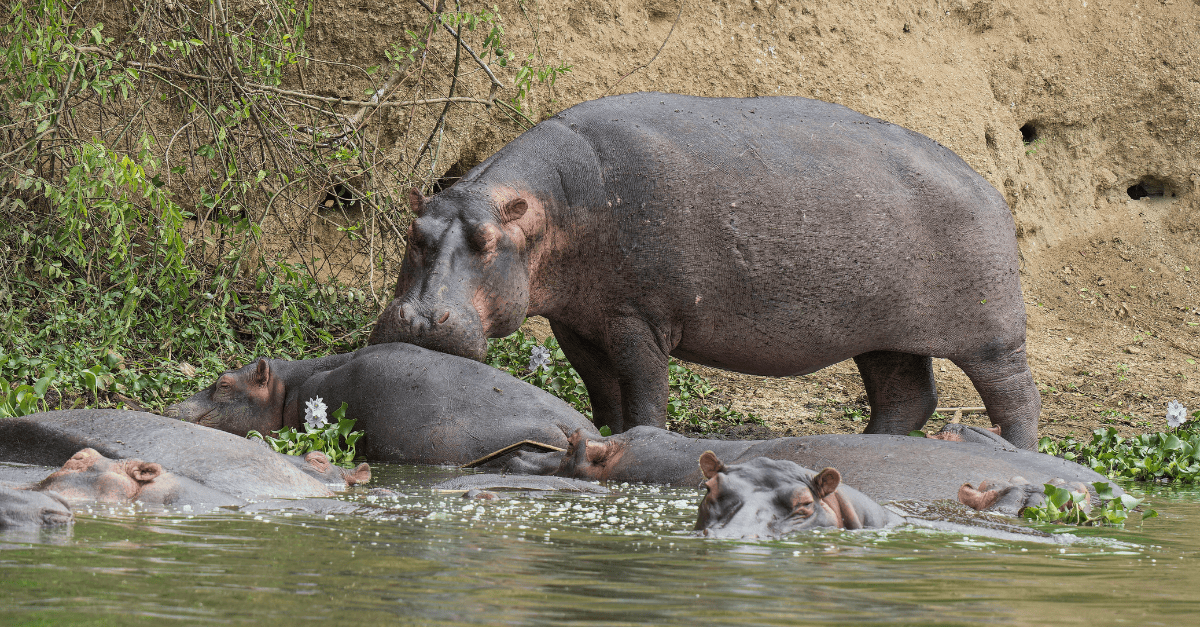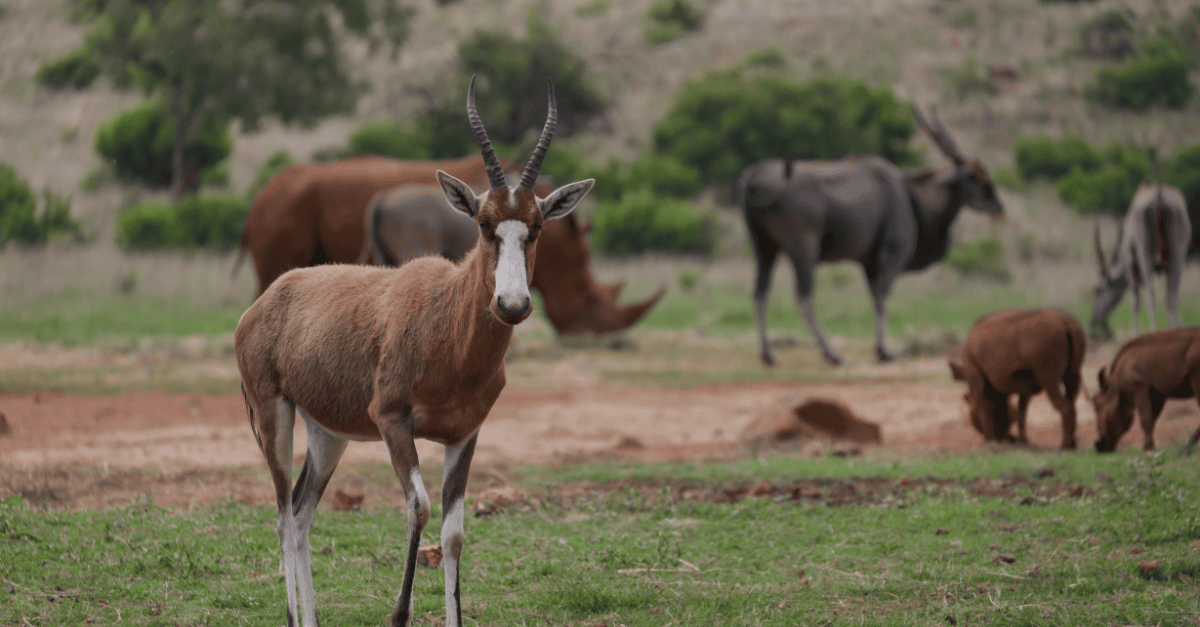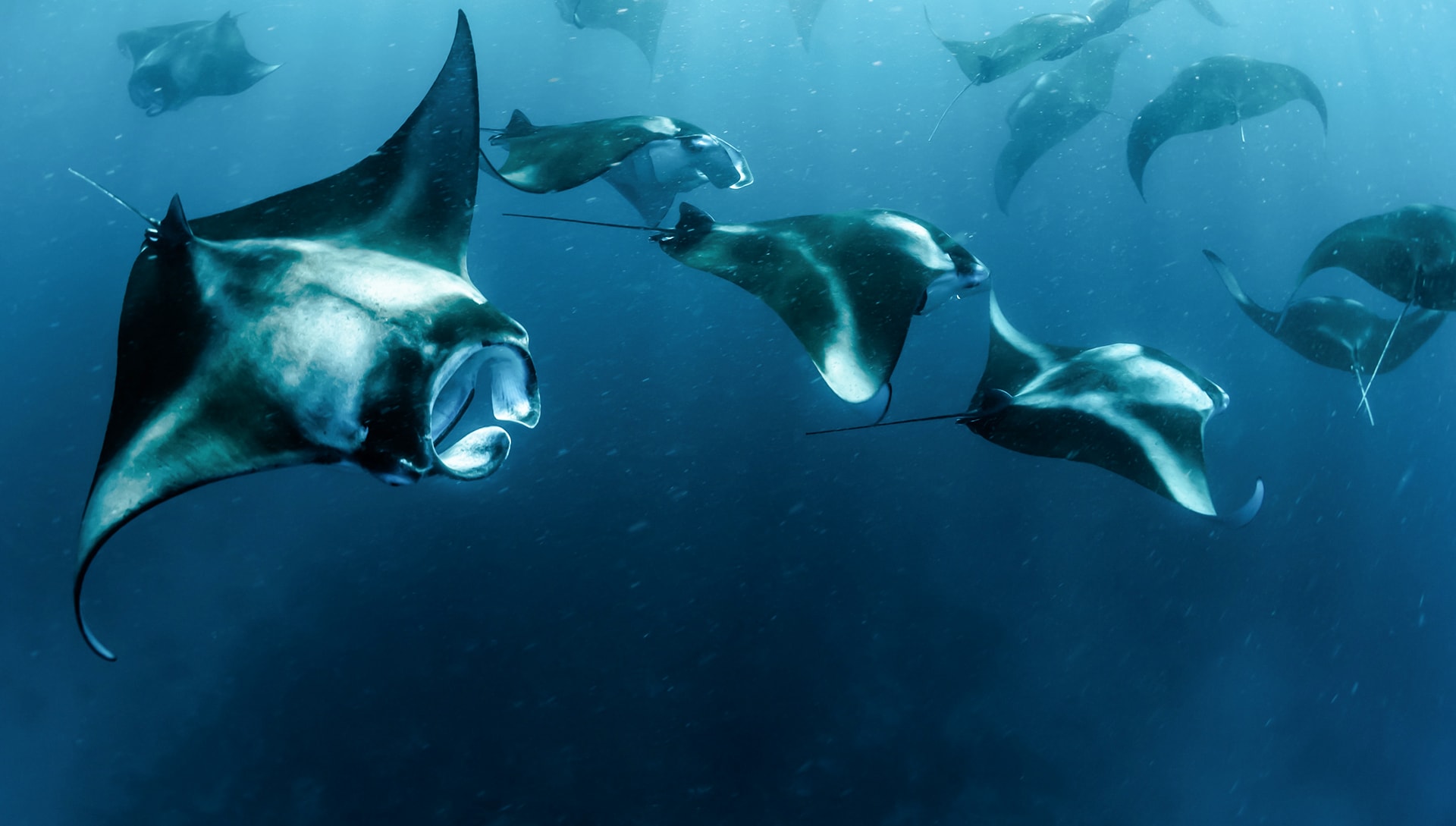As UN member states prepare the Ministerial Declaration for the 2025 High-Level Political Forum (HLPF) on Sustainable Development, WFA has submitted key recommendations urging stronger recognition of animal welfare in the global effort to meet the Sustainable Development Goals (SDGs).
The HLPF is the UN’s primary platform for reviewing progress on the 2030 Agenda and its 17 SDGs. Each year, governments come together to assess advances, identify challenges, and agree on shared priorities through a Ministerial Declaration. This year’s co-facilitators have drafted an Elements Paper outlining the proposed content for that declaration, which is currently under discussion.
WFA is urging delegates to ensure the final declaration reflects the essential role animals play in two key areas under review: SDG 3 (Good Health and Well-being) and SDG 14 (Life Below Water).
Recognising One Health and tackling AMR
In its comments, WFA welcomed the inclusion of the “One Health” approach—a framework that recognises the interconnected health of people, animals, and ecosystems—in the section on SDG 3. However, WFA emphasises the need for the Ministerial Declaration to explicitly reflect the contribution of animal health and welfare to public health.
To that end, WFA proposes that the Ministerial Declaration build on language already adopted in previous UN documents, such as the 2022 and 2021 Ministerial Declarations and recent UNEA resolutions. The organisation recommends acknowledging that One Health “delivers multiple benefits to the health and well-being of people, animals, plants and ecosystems,” and strengthens the ability to prepare, prevent and respond to emerging diseases.
“Recognising animal health and welfare is not just about protecting animals—it’s a frontline strategy to prevent future pandemics and curb the spread of antimicrobial resistance,” said Dr. Masika Sophie, WFA’s Global Health Policy Manager, referencing recent commitments made in the 2024 Political Declaration on Antimicrobial resistance (AMR) adopted by the UN General Assembly.
AMR occurs when antibiotics and other antimicrobials stop working due to overuse and misuse, such as in industrial animal agriculture. WFA urges that the Ministerial Declaration echo the 2024 Political Declaration’s call for regulated access to veterinary medicines, better animal husbandry, and more significant investment in veterinarians and veterinary professionals.
Advancing ocean health through animal welfare
Turning to SDG 14 (Life Below Water), WFA commends the Elements Paper for acknowledging the critical importance of ocean health but calls for more ambitious and inclusive language.
Drawing on recent international agreements, including the Biodiversity and Health Global Plan of Action adopted at the UN Convention on Biological Diversity (CBD COP16) in 2024, WFA recommends that countries commit to improved animal welfare standards for aquatic species. This includes those in aquaculture, where poor welfare can contribute to disease and antibiotic misuse.
The bigger picture: Animals and the SDGs
WFA’s submission is part of a broader push to ensure animals are not left out of global development planning. With just five years remaining to achieve the 2030 SDGs, WFA is calling on UN member states to seize this opportunity to reflect animal welfare’s role in achieving health, biodiversity, and climate goals.
“Animal welfare is part of the answer,” said Jessica Bridgers, WFA’s Deputy CEO. “From preventing disease to restoring ecosystems, good animal welfare contributes to the very outcomes we’re trying to achieve. The 2025 Declaration should reflect that reality.”





